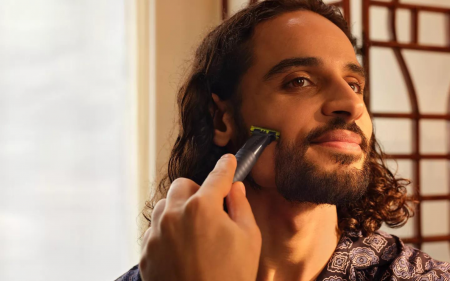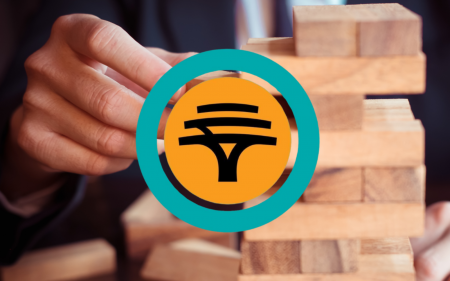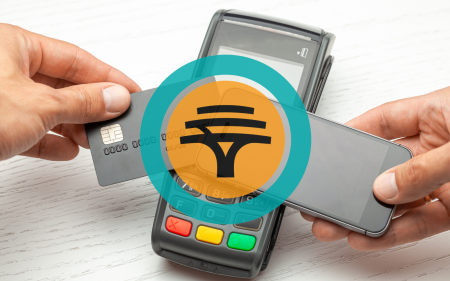The pickpockets of Barcelona, legendary for their stealth, are having a bad month this February. Usually, it’s a booming month because of the rich pickings of the annual MWC Barcelona. But not this year. The unprecedented spread of the coronavirus put paid to that.
Just over a week before it was to start, the GSM Association cancelled its flagship event. Every year, the world’s top players in the mobile industry descend on the picturesque Basque town, with its majestic Sagrada Familia, an unfinished masterpiece by the genius architect Antonio Gaudi.
Shortened from Mobile World Congress, the event attracts about 100,000 visitors and 2,800 exhibitors from 200 countries. So much for the estimated €500m splurge for the economy of Barcelona, the city that has hosted the event since 2006.
The GSMA had no choice after some 40 companies cancelled their plans to attend or exhibit for fears of spreading the virus, including Nokia, Facebook, Nokia, Ericsson, Intel, Cisco, Amazon, Vodafone, BT, and Deutsche Telekom.
Huawei shipped its employees to Spain so they could be quarantined for the prescribed two weeks to see if anyone showed symptoms. The organisers emailed instructions not to shake hands.
It became “impossible,” as GSMA chief executive John Hoffman said, to go ahead with the world’s largest wireless conference. “The GSMA has cancelled MWC Barcelona 2020 because of the global concern regarding the coronavirus outbreak, travel concerns and other circumstances, make it impossible for the GSMA to hold the event. The host city parties respect and understand this decision. The GSMA and the host city partners will continue to be working in unison and supporting each other for MWC Barcelona 2021 and future editions,” he said.
But there is more to this cancelled occasion than the mere thrill of this massive conference, and the unmitigated joy of Spanish Jamon Iberia served with the characteristic tomato and garlic pesto.
This four-day event, and the two days of launches that precede it, are the best networking opportunity in the industry. It’s where the big vendors show off their latest wares – from the handset makers to the equipment manufacturers. It’s where deals are done, alliances forged, and this year’s brand-new phones shown off.
MWC has grown so big it has moved from its previous Fira de Barcelona – the Montjuïc site that once housed the 1929 International exhibition where German architect Ludwig Mies van der Rohe’s Barcelona Pavilion would become the birthplace of modern architecture. Now it’s housed at the recently built mini-city exhibition grounds of Fira Gran Via, which was designed by the Japanese architect Toyo Ito.
With 400,000m2 of floor space, it’s one of the largest in Europe, it says, and there is a dedicated underground train and metro station, a nearby shopping mall and gigantic Ikea. Far from the downtown tourist sites, there are now some of the plushest hotels in a city which prides itself as a tourist mecca.
It’s the first time in the conference’s nearly 40 years of operation, under different guises, the organisers point out. It’s been the launchpad for innumerable phones and new products, with the Sunday before becoming a day of product launch after another. Once where Nokia reigned supreme until BlackBerry took over, the launches belonged to the west. Then came Samsung with their mega-launches, bringing Facebook CEO Mark Zuckerberg onto stage at their last major Barcelona launch. For the last few years, the stage has been owned by Huawei, the controversial Chinese telecoms equipment maker, which also happens to sell smartphones – and recently overtook Apple into second place globally and in South Africa.
This year, as the pickpockets go empty-handed, so do the companies hoping to make a big bag on this most global of stages – with all the global press right on hand.
Some companies have been opting out of the messy madness of this week-long extravaganza. Samsung, for instance, has a stand-alone launch for its new flagship phones two weeks in advance. The newly announced top-end Galaxy S20 Ultra has a 108 Megapixel lens and amazingly long-distance zoom.
At an event held in San Francisco, where all the Silicon Valley media is based, and streamed to other subsidiaries around the world, Samsung also announced the new Galaxy Z Flip, its second folding phone. After the disaster that was last year’s release of the Galaxy Fold (where the hinge was clearly visible and tacky screen coverings were mistaken for screen protectors and ripped off), this was a triumphant product announcement. The rather small and rather glittery handset folds open into a 6.7-inch device with a stunningly clear screen. That this folding screen itself is made from glass, that is itself an engineering feat, is all the more impressive. Folding glass, who would’ve thunk it.
But what will all the other manufacturers do for their launch events, and what will the cost be? Tens of millions of Euros must already have been spent on equipment hire, tent hire, car hire, audio and multimedia equipment, medical and security staff, and all the other expensive things you need for a conference to happen.
MWC Barcelona also creates an estimated 14,000 part-time jobs for the city, and endless uncalculated restaurant and bar tips.
The coronavirus is having an unprecedented effect on the global supply chain.
Apple has warned it will likely miss its second-quarter revenue forecast because it can’t sell enough iPhones. The pickpockets may not make their February targets, but at least the potential spread of the coronavirus has been stopped. The effect on the telecoms industry is yet to be calculated.
This column first appeared in Financial Mail.




